What would life in The Netherlands resemble if it were not for social movements? Would it be similar to the country we know today? While it is impossible to answer such hypothetical questions, we can review the outcomes for social movements groups we see today. Unfortunately, scholarship toward movement outcomes mainly state the incapacity to determine if social movements actually changed society. They could be right. Am I writing this blogpost because the Women’s movement enabled me to study, or am I free to state my opinion due to this democratic society? Mostly, it is a combination of sorts. However, there has been some research referring to accomplished cultural effects of movements. In line with these scholars, this blogpost focuses on the individual and societal cultural consequences, specifically for emancipation movements. It can be considered a little thought-experiment, in imaging a world without equality fighters, to see if they changed the world. I’d like to take you on this hypothetical journey with me.
Contesting values, opinions and beliefs
In the 1960s James Brown’s iconic song It’s a Man’s Man’s Man’s World was released, at the same time as social movements challenging the basis of that claim were growing in support and strength. These included the Women’s and LGBTQ+ movement, which have fought for decades to attain equal rights for all genders and sexual orientations. In New Social Movement theory (based on why people join movements, instead of how), these two groups are known for contesting values and beliefs. It is exactly in the area of opinions where I argue social movements had definite cultural impact: in changing the social-psychological worldviews of society.
“The thought of women being useful outside of the household? Ridiculous!”
Igniting the spark

Many Dutch women today find it completely normal to vote, study at university or go to work. However, the ideas of these practices being common would be astounding to women a century ago. Before the efforts of sociial movements, Dutch society considered women inferior to men. It was thought that this inferior position was needed to maintain social order. While there were many obstacles to overcome (such as political insignificance and having little say over their family, money or body), the root challenge was to change the minds of the men in charge. The thought of women being useful outside of the household? Ridiculous! Enter Alletta Jacobs fighting for voting rights or the ‘Dolle Mina’s’ protesting for birth control and abortion. One by one, they contributed to the idea that women are worthy. Indirectly they changed the daily life of women today: women are (mostly) accepted in the political, economic and cultural arena. Without their actions, we would probably have missed out on figures such as Neelie Kroes and Sigrid Kaag, or even Angela Merkel or Ursula von der Leyen. Well, maybe not all will be evenly missed, but without the value change that women’s movements began, they may have not even been able to participate in political activities. It is thanks to the fires lit by our mothers, grandmothers and great grandmothers that women today can become a more decisive part of society, and the direction we all will travel in tomorrow.
“Would there be no pride flags, parades or Nikkie de Jager’s, and would people be forced to hide their true identity?”
A gay national identity

Unfortunately, it is not hard to imagine a world without equal rights for all sexual orientations. Today, Polish gay and lesbian civil rights activists are faced with ‘LGBT-free-zones’, where citizens publicly denounce the ideology of the LGBT movement. This situation paints an awful picture of what life in The Netherlands would be without the efforts of gay emancipation fighters. Would it still be legal to fire someone for being gay as it was before 1971? Would there be no pride flags, parades or Nikkie de Jager’s? Would people be forced to hide their true identity? The LGBTQ+ movement (Lesbian, Gay, Bisexual, Transgender, Queer and allies) have pushed political and cultural boundaries in the Netherlands and abroad. Protests, organizational efforts and LGBTQ+ events led to many changes of laws such as getting partner benefits, and the legalisation of same sex marriages. By asking for these political changes, slowly, cultural changes also took place. In 2018, 92% of Dutch citizens find gay men and lesbian women should be able to live the life they prefer. In fact, this open mindedness could even be considered a pillar of the Dutch tolerant national identity. It seems, social movements potentially even have the cultural power to alter what a nation ideologically stands for.
Celebrate the legacy
While full equality across the genders and for different sexualities is not yet achieved (seeing how 60% of women today are not financially independent, and gay children are still bullied by teachers), we have seen how these social movements changed our world. By setting agendas and demanding change toward higher equality, they changed the opinions and worldviews associated with women and the LGBTQ+ community. This blogpost is a way to celebrate the accomplishments of these movements and the many lives today that owe their thanks to these cultural liberators. Their fight played a part toward a more inclusive, multicultural society, not reigned by the iron fist of men, but by all who wish to participate. A society where girls can become electricians, and lesbian partners can get married. Today it is our duty to continue their legacy and work for a Dutch society where everyone is treated equally.
Sources
Ash, B. L. (2020, 21 september). Inside Poland’s “LGBT-free zones”. BBC News. https://www.bbc.com/news/stories-54191344
Atria. (z.d.). Propagandatocht met auto’s van de afdeling Amsterdam van de Nederlandsche Vereeniging van Staatsburgeressen op 27 september 1928 1928. Geraadpleegd op 20 oktober 2021, van https://collectie.atria.nl/bibliotheek/item/313598-propagandatocht-met-auto-s-van-de-afdeling-amsterdam-van-de-nederlandsche-vereeniging-van-staatsburgeressen-op-27-september-1928-1928?offset=52
AD redactie. (2021, 16 september). Lhbti-jongeren worden vaker gepest door leerkrachten, vaak in kleedkamer, op toilet of in fietsenkelder. AD.nl. https://www.ad.nl/binnenland/lhbti-jongeren-worden-vaker-gepest-door-leerkrachten-vaak-in-kleedkamer-op-toilet-of-in-fietsenkelder~a503dac6/
Denijs, M. (2015, 9 november). Dolle Mina actiegroep | feminisme | Atria.nl. Atria. Geraadpleegd op 20 oktober 2021, van https://atria.nl/nieuws-publicaties/feminisme/feminisme-20e-eeuw/dolle-mina-actiegroep/
Earl, J. (2004) The Cultural Consequences of Social Movements. In D.A. Snow, S.A. Soule, and H. Kriesi (Eds), The Blackwell Companion to Social Movements, Oxford, Blackwell Publishing Ltd, pp. 508-530
Herbers, D., & Portegijs, W. (2018, 14 december). Hoeveel vrouwen zijn economisch zelfstandig? https://digitaal.scp.nl/. Geraadpleegd op 20 oktober 2021, van https://digitaal.scp.nl/emancipatiemonitor2018/hoeveel-vrouwen-zijn-economisch-zelfstandig/
Movisie. (2021). Handreiking LHBTI-Emancipatie. https://www.movisie.nl/sites/movisie.nl/files/2021-03/Handreiking-LHBTI-Feiten-Cijfers-2021.pdf
PFLAG. (2021, 15 juli). PFLAG National Glossary of Terms. Geraadpleegd op 20 oktober 2021, van https://pflag.org/glossary
Posada, A. C. (2019, 30 april). Suffragettes: de strijd voor het vrouwenkiesrecht. National Geographic. https://www.nationalgeographic.nl/geschiedenis-en-cultuur/2019/04/suffragettes-de-strijd-voor-het-vrouwenkiesrecht
Sociaal en cultureel planbureau. (2019). Denkend aan Nederland. https://www.scp.nl/publicaties/monitors/2019/06/26/denkend-aan-nederland
Spaarnestad. (1979, 30 juni). Homosexuelen. Een stoet vrolijk uitgedoste homo’s met grote parasol in een demo. . . [Afbeelding]. https://www.nationaalarchief.nl/onderzoeken/fotocollectie/detail?limitstart=9&q_searchfield=homo
Van Dyke, Nella & Taylor, Verta. (2018). The Cultural Outcomes of Social Movements. 10.1002/9781119168577.ch27.
Van Walsum, S. (2018, 2 december). Het gaat eigenlijk best goed met de homo-emancipatie; ‘mannenvoetbal laatste bastion’. de Volkskrant. https://www.volkskrant.nl/nieuws-achtergrond/het-gaat-eigenlijk-best-goed-met-de-homo-emancipatie-mannenvoetbal-laatste-bastion~b45fcbb2/
Universal Records, a Division of UMG Recordings, Inc. [YouTube]. (2012, 20 augustus). James Brown – It’s A Man’s Man’s Man’s World (Official Video) [Video]. YouTube. https://www.youtube.com/watch?v=H77fRz1rybs
Women’s Suffrage in the Netherlands | Women’s voting rights. (2017, 6 april). Atria. https://institute-genderequality.org/news-publications/international-national/womens-voting-rights/women-s-suffrage-in-the-netherlands/
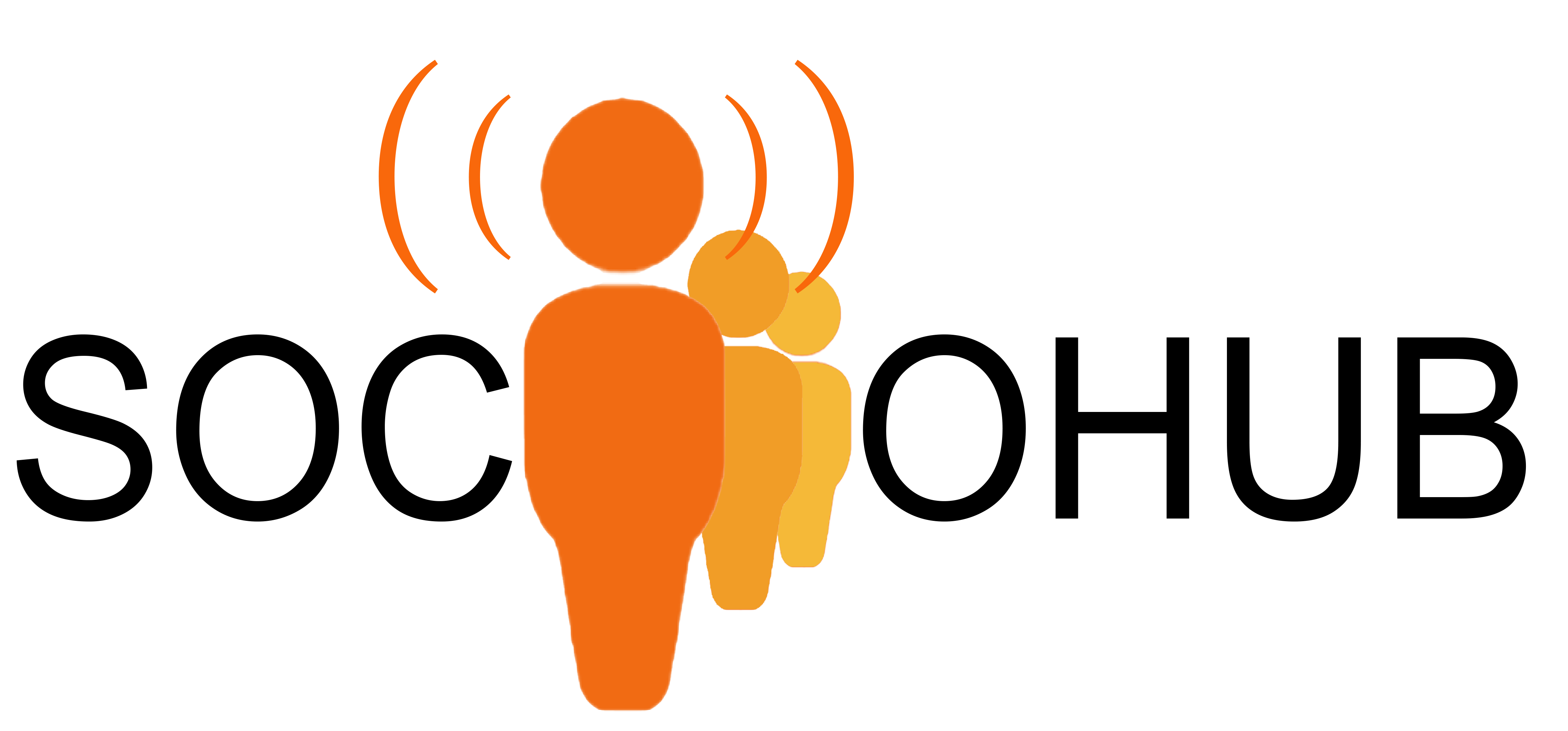
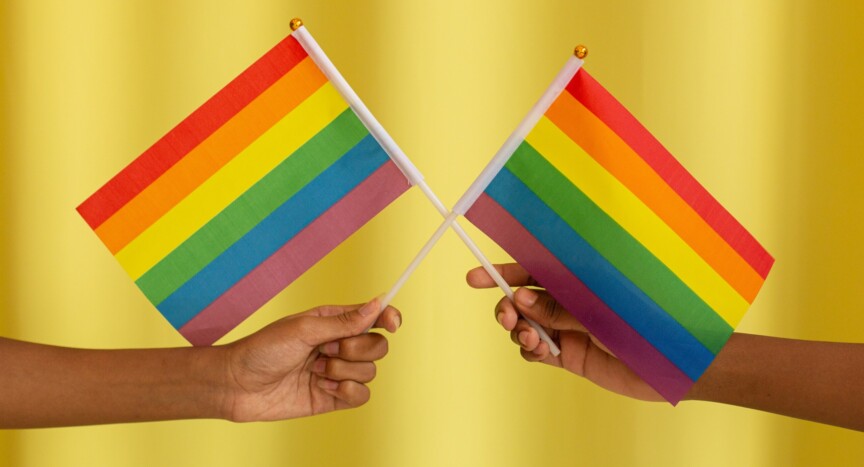
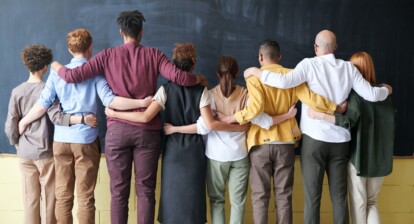
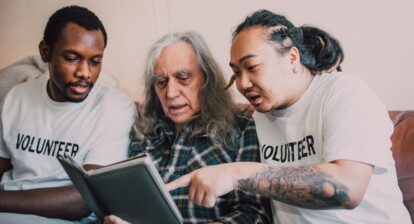

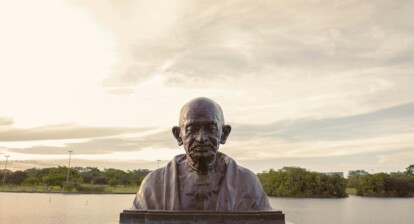
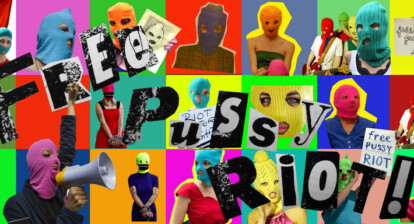

katalog firm
Hi, just wanted to tell you, I loved this blog post. It was funny.
Keep on posting!
Ukraine Humanitarian
great submit, very informative. I’m wondering why the opposite specialists of this sector do not understand this. You must continue your writing. I’m sure, you have a great readers’ base already!